The Price of Imperfect Justice: $300 Million for 3 Convictions?
To galvanize international leaders to act, economists argue that it costs less to prevent genocide than it does to intervene in an ongoing atrocity and help rebuild a nation afterwards. This position is supported by the $300 million price tag for the United Nations-backed tribunal created in 2003, that in eleven years has convicted just three perpetrators of the Cambodian genocide.[i] From an economic standpoint, it is most cost effective to stop genocide before it starts. But when looking at the expense of trying Cambodian perpetrators, one should ask whether the cost—which breaks down to $100 million per convicted defendant—outweighs the benefit.
BACKGROUND, THE CAMBODIAN GENOCIDE
The Khmer Rouge communist party seized power in 1975 after amassing strength during the North Vietnamese occupation of the Cambodian borderlands (1970-1975).Following the end of French colonization in neighboring Vietnam, the country split into two blocs (1954): the north belonging to communists and the south to those who supported Western forms of governance. In essence, Vietnam became the personification of the Cold War, with the north representing the Soviet Union and the south standing in for western nations. When fighting broke out between north and south Vietnam, the US forces threw their support behind the pro-western south and invaded in 1965. Simultaneously, northern Vietnamese troops entered Cambodia to hide from US forces and in the meantime, they trained and armed their Cambodian communist allies, the Khmer Rouge.
The US involvement in the Vietnam war, and consequently Cambodia, helped create the conditions that gave rise to the Khmer Rouge led genocide. Given the presence of a communist northern Vietnam, the US government considered neighboring Cambodia as an essential bulwark against the spread of communism in Asia. To stop the dissemination of communist ideology from northern Vietnam into Cambodia, the US supported a coup against the Cambodian head of state (Prince Norodom Sihanouk) in favor of Lon Nol, whom they believed would better support US efforts. Lon Nol did exactly that and invited US troops and south Vietnamese forces into Cambodian territory to attack northern Vietnamese guerrillas who had invaded Cambodia. US troops also waged a massive bombing campaign on the Vietnamese-Cambodian border to eliminate north Vietnamese who were hiding in Cambodia. More than 2 million people fled their homes to escape the US bombing.
When the US pulled out of Vietnam and Asia, the Khmer Rouge took over and instated a genocidal policy that annihilated at least 1.7 million Cambodians from 1975 to 1979, approximately 24 percent of the entire Cambodian population.During its brief and destructive rule, the Khmer Rouge instituted a process of “urbicide,” meaning the destruction of a city’s physical, social, and cultural spaces. Entire cities, including Cambodia’s capital Phenom Phen, were emptied in a matter of hours and turned into ghost towns. The key victims of the Khmer Rouge included the educated and wealthy, and ethnic minorities, such as Chinese, Vietnamese, Muslim Chams, and many others. In 1979, the genocide killing concluded when Vietnamese forces invaded, overthrew the Khmer Rouge, and established a new government made up of Khmer Rouge defectors.
OVERVIEW, TRIALS OF PERPETRATORS
After a few other attempts at justice, in 2003, the United Nations (UN) finalized an agreement with Cambodia to create a tribunal, which would apply international and Cambodian law. The court decided to only try the most senior leaders of the genocide, few of whom at that point were still alive. In over eleven years, the court has only issued three convictions, which include those against the following: Nuon Chea, 90, the second in command during the genocide; Khiue Samphan, 85, chief of state; Kaing Guek Eav, known as Duch, who commanded the Khmer Rouge prison.[ii]
CONCLUSION
As controversial as it may sound, genocide is expensive to deal with. This indisputable fact influences a foreign nation’s decision of whether to get involved in stopping the conflict. For states belonging to the United Nations, however, paying for trials and aid in the wake of genocide has in the last three decades become more common. Despite the expense of trials and the imperfect justice they achieve, holding perpetrators responsible for genocide is worth every single cent.Here are three reasons why trials are worth the cost:
Creating a historical record: Trials require extensive documentation of crimes, which in the long term creates an invaluable historical record of the genocide. This well financed collection of evidence insures that the history of the event cannot in good conscience be denied in the future, especially in the case of Cambodia in which the trials are conducted by national and international players.
Honoring the memory of the victims: Holding perpetrators responsible for the crimes they committed honors the memory of the victims they killed. The victims’ lives have inherent value, and in prosecuting the killers, the victims’ lives are honored.This notion of honoring the victims, however, is clearly part of “imperfect justice,” because honoring a victim does not make up for or erase their suffering.
Prevention: It is my sincere hope that in creating international courts that hold perpetrators accountable, we sharpen the tools of international law and in so doing work towards creating a better system of prevention and accountability. Will holding trials of perpetrators deter others from committing similar crimes in the future? I do not know, but I do think trials, despite the cost, are better than allowing perpetrators to kill with impunity.
[i]Seth Mydans, “11 Years, $300 Million and 3 Convictions. Was the Khmer Rouge Tribunal Worth It?” The New York Times. 16 November 2017. https://www.bbc.com/news/world-asia-pacific-10684399.
[ii]For more information on the trials of Khmer Rouge perpetrators, see: https://www.bbc.com/news/world-asia-pacific-10684399and https://www.ushmm.org/confront-genocide/cases/cambodia/justice/the-cases.

